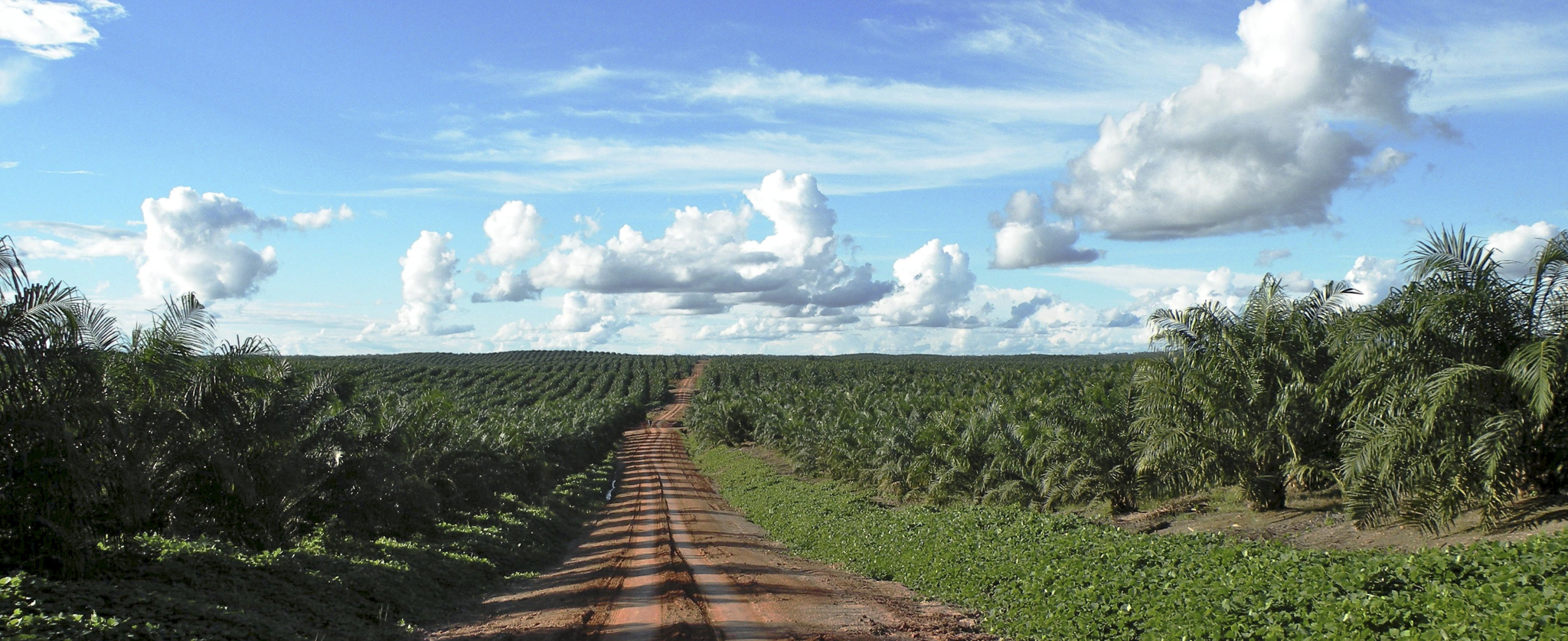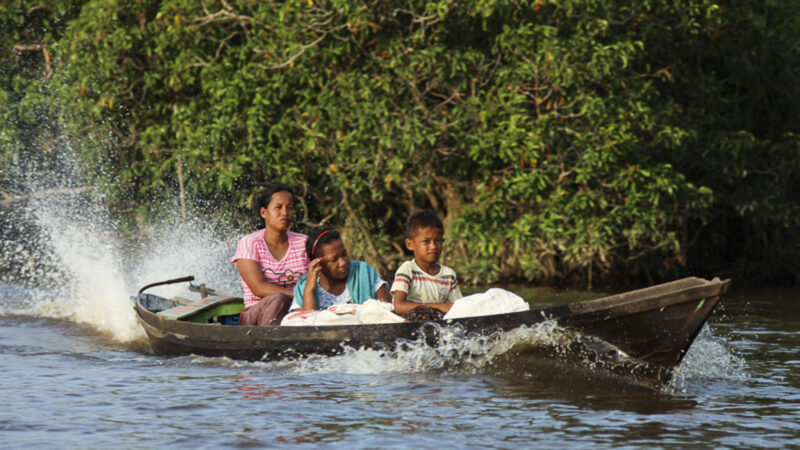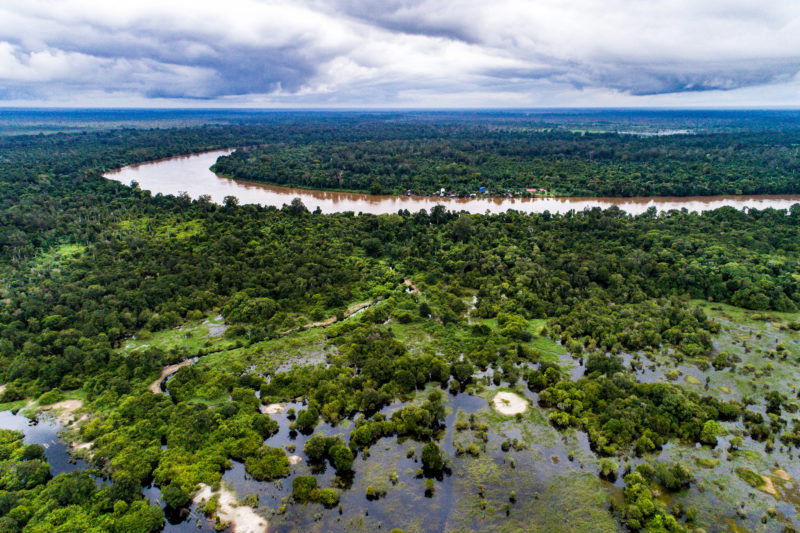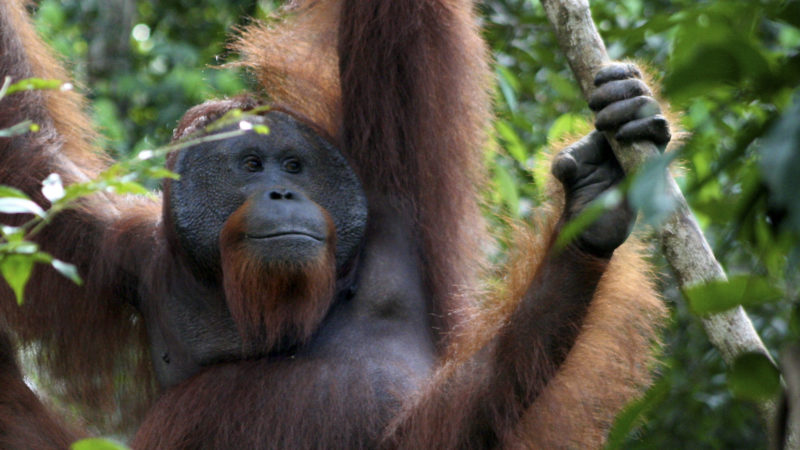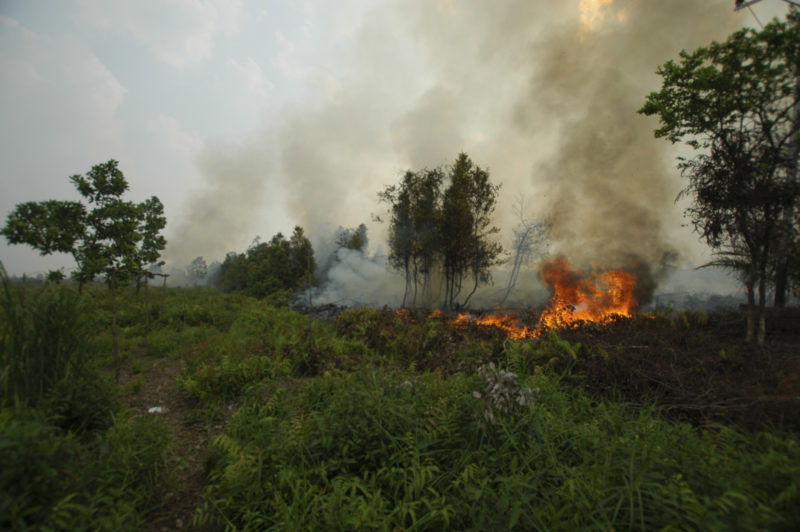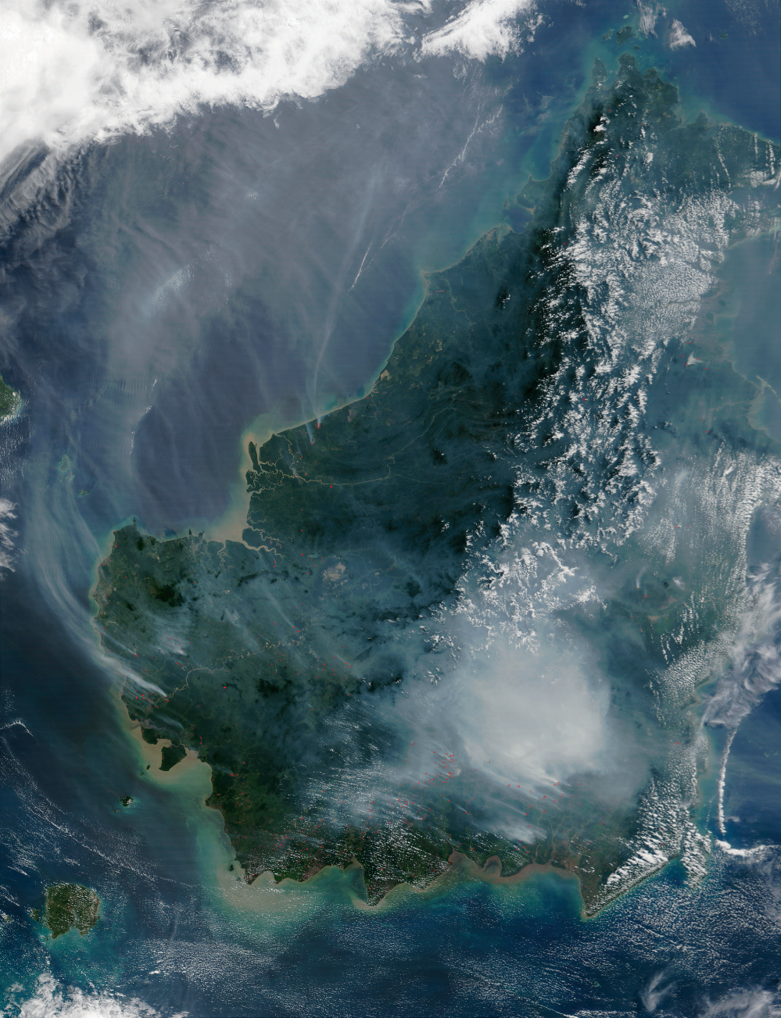Indonesia
Indonesia is the world´s third largest rainforest country. Scattered on thousands of large and small island it is not one, but many rainforests. It´s not one, but several ecosystems. For many years, a rapidly developing economy and a growing population has led to extensive deforestation. But new reforms and committed actions by Indonesias government, firmly backed by Norway, seem to have turned the trend of deforestation.
The world´s third largest rainforest is in Indonesia. For many years, the country experienced high deforestation rates and it has been among the world’s top emitters of greenhouse gases from deforestation, forest fires and peatland destruction. In recent years, this has changed.
Norway has had a committed partnership with Indonesia to reduce deforestation since 2010. Indonesia has undertaken important political and institutional reforms in this period and has reduced deforestation since 2016/17.
One in five Indonesians live in and around the forest. These are people whose livelihood first and foremost comes from the forests and the sea.
Indonesia hosts some of the largest areas of peatlands and mangroves in the world. The forests, peatlands and mangroves store enormous amounts of carbon, of vital importance to the global climate.
Other species include the Sumatran tiger, the Javan rhino, the Sumatran elephant and the Birds of Paradise in Papua. All these are endangered due to extensive deforestation.
Yet, the Indonesian Ministry of Environment and Forestry estimates that more than half of Indonesia’s species are still unknown to science.
But also pulp and paper, logging, mining and fires to clear land for commercial use have contributed significantly to deforestation.
Norway’s Climate and Forest Partnership with Indonesia
In May 2010 Norway and Indonesia signed a Letter of Intent, establishing their bilateral partnership on reducing emissions from deforestation.
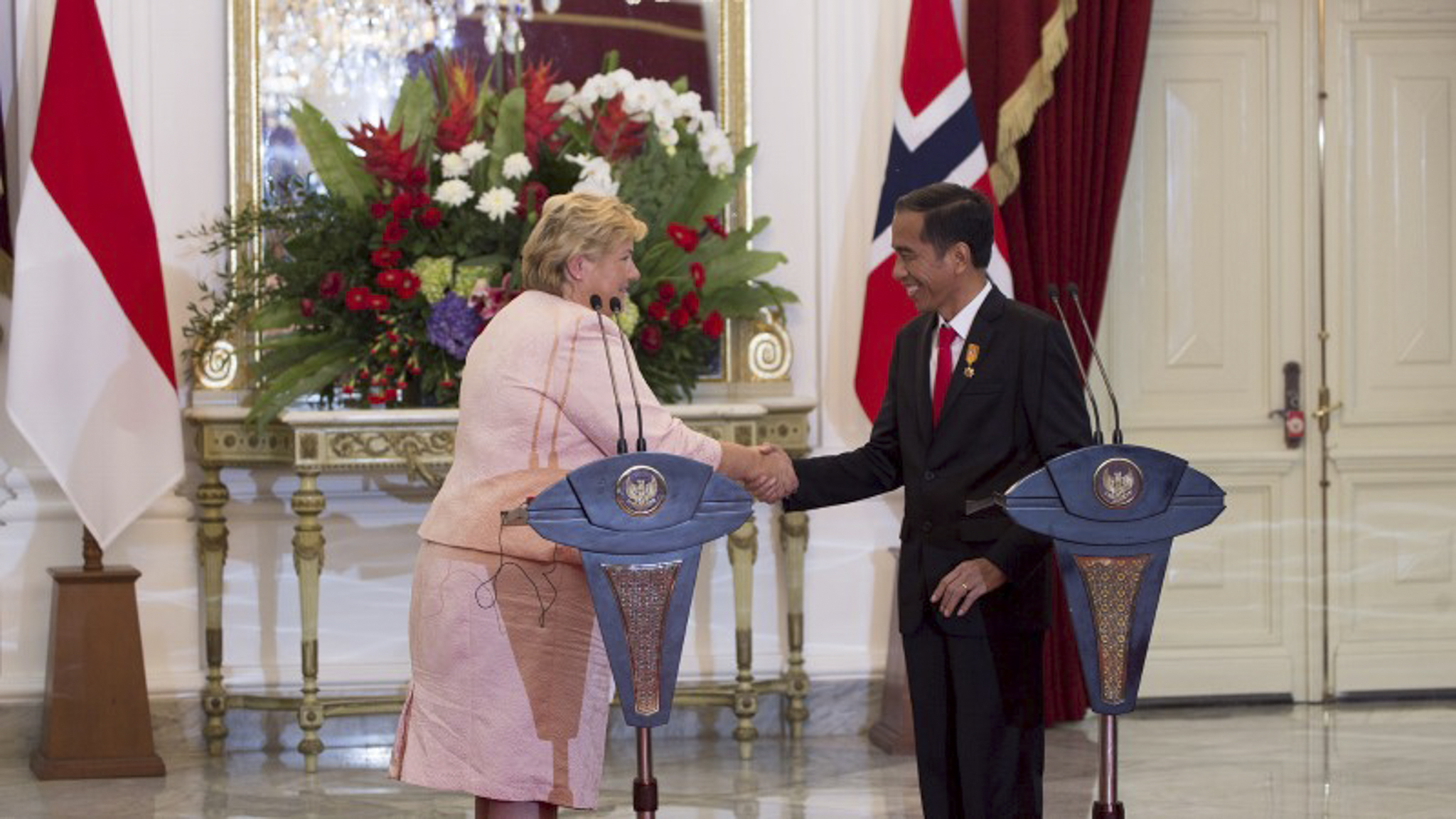
Norway promised to pay for Indonesia’s reduced emissions from deforestation and forest degradation with up to USD 1 billion if Indonesia delivered results in terms of carbon emission reductions.
So far, Indonesia has started to deliver results in terms of political milestones, and the size of the Norwegian contribution to date is about 15 % of the total pledge.
National moratoriums against the destruction of primary forest and peatlands are in place, in addition to a moratorium on expansion of land for palm oil plantations. In 2016 the country established a Peat Restoration Agency to restore degraded peatlands
The bulk of Norway’s support to Indonesia to date has gone to support efforts to restore its carbon rich peatlands, fight forest crimes and forest fires, and develop a green economy, involving a number of different stakeholders around the country.
In addition to this, Norway also supports a number of civil society organizations that work to protect forests and promote indigenous peoples’ rights in Indonesia as well as the development of public-private partnerships.

